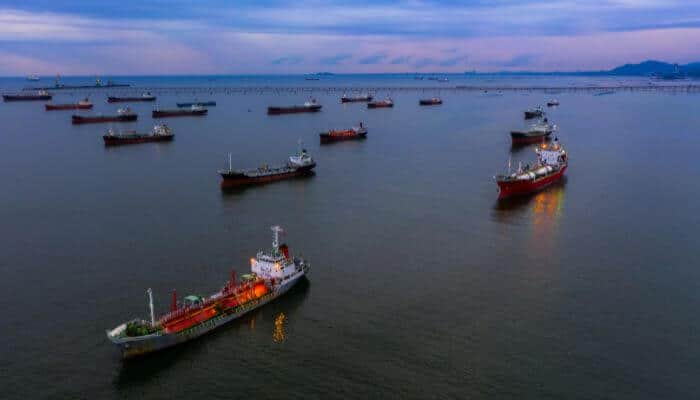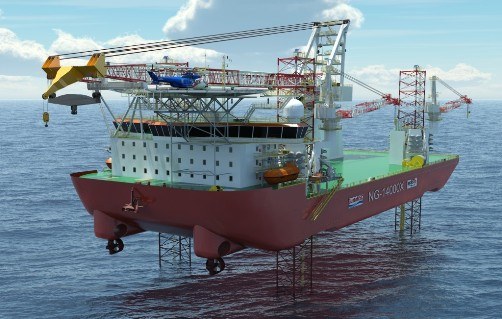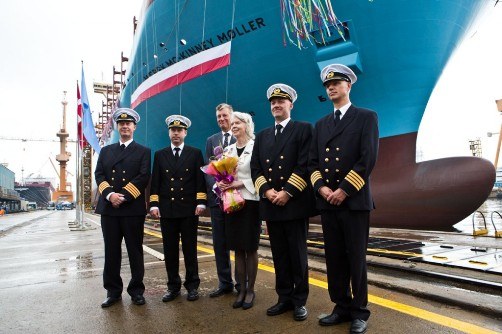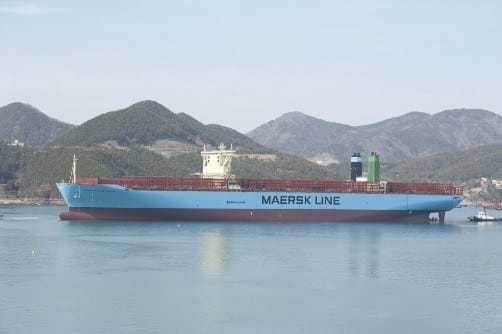Russian Oil Stranded Off South Korean Coast Due To US Sanctions And Payment Issues
Over a dozen tankers loaded with about 10 million barrels of Russian Sokol-grade crude oil were stranded off South Korea’s coast for roughly weeks, so far unsold owing to existing US sanctions and payment issues, per two traders besides shipping data. The volumes, equaling 1.3 million metric tons, represent higher than a month’s production of the Sakhalin-1 assignment, once a flagship venture of Exxon Mobil, the US major, which exited Russia following Moscow’s invasion of Ukraine. Sakhalin-1 was among the first post-Soviet deals in Russia that were made under a production-sharing deal.
When Exxon Mobil departed in 2022, the output dropped to almost zero and has not fully recovered. Difficulties in selling Sokol-grade crude pose one of the significant challenges Moscow has encountered since the West imposed sanctions and one of the most crucial disruptions to Russia’s oil exports in the past two years.
Washington has said that it wants sanctions to lower revenues for Vladimir Putin and his war machine based in Ukraine but not to significantly disrupt the flows of Russia’s energy to worldwide markets. Last year, the United States levied sanctions on many vessels and firms involved in the transportation of Sokol.

Until Friday, 14 vessels were loaded with Sokol and got stuck around the port of Yosu, including three substantial crude carriers (abbreviated VLCCs) and 11 Aframax vessels, per LSEG, Kepler data and information, and traders. The volume stored in the tankers reflects 45 days of production from Sakhalin-1, which averages 220,000 barrels per day. Supertankers (VLCCs) Nireta, La Balena, and Nellis, with nearly 3.2 million barrels, currently close to South Korea’s Yosu, are serving as a floating storage facility for the Russian oil grade, Reuters sources mentioned, and Kpler and LSEG shipping data show.
The data reflected that the VLCCs earlier accepted oil from many Aframax vessels via ship-to-ship. Supplying oil volumes from smaller ships to larger ones can save up on freight. The rest of the Sokol oil loaded until January from November is stored on smaller Aframax vessels — Krymsk, Sakhalin Island, NS Commander, NS Century, Pavel Chernysh, NS Lion, Liteyny Prospect, NS Antarctic, Vostochny Prospect, Viktor Titov, and Jaguar.
Shipments of Sokol to the Indian Oil Corp (IOC.NS) have been delayed owing to payment issues, compelling India’s largest refiner to draw from the inventories and purchase more oil from the Middle East. A source close to the IOC said that the company was not expecting to receive Sokol shipments soon owing to a disagreement over which currency would be used to pay for it. IOC is the only state refiner with an annual agreement to purchase a variety of Russian grades, including Sokol, from Russia’s oil major, Rosneft.
Reference: Reuters
Disclaimer :
The information contained in this website is for general information purposes only. While we endeavour to keep the information up to date and correct, we make no representations or warranties of any kind, express or implied, about the completeness, accuracy, reliability, suitability or availability with respect to the website or the information, products, services, or related graphics contained on the website for any purpose. Any reliance you place on such information is therefore strictly at your own risk.
In no event will we be liable for any loss or damage including without limitation, indirect or consequential loss or damage, or any loss or damage whatsoever arising from loss of data or profits arising out of, or in connection with, the use of this website.
Disclaimer :
The information contained in this website is for general information purposes only. While we endeavour to keep the information up to date and correct, we make no representations or warranties of any kind, express or implied, about the completeness, accuracy, reliability, suitability or availability with respect to the website or the information, products, services, or related graphics contained on the website for any purpose. Any reliance you place on such information is therefore strictly at your own risk.
In no event will we be liable for any loss or damage including without limitation, indirect or consequential loss or damage, or any loss or damage whatsoever arising from loss of data or profits arising out of, or in connection with, the use of this website.
About Author
Marine Insight News Network is a premier source for up-to-date, comprehensive, and insightful coverage of the maritime industry. Dedicated to offering the latest news, trends, and analyses in shipping, marine technology, regulations, and global maritime affairs, Marine Insight News Network prides itself on delivering accurate, engaging, and relevant information.

About Author
Marine Insight News Network is a premier source for up-to-date, comprehensive, and insightful coverage of the maritime industry. Dedicated to offering the latest news, trends, and analyses in shipping, marine technology, regulations, and global maritime affairs, Marine Insight News Network prides itself on delivering accurate, engaging, and relevant information.
Do you have info to share with us ? Suggest a correction
Related Articles
Daily Maritime News, Straight To Your Inbox
Sign Up To Get Daily Newsletters
Join over 60k+ people who read our daily newsletters
By subscribing, you agree to our Privacy Policy and may receive occasional deal communications; you can unsubscribe anytime.




BE THE FIRST TO COMMENT